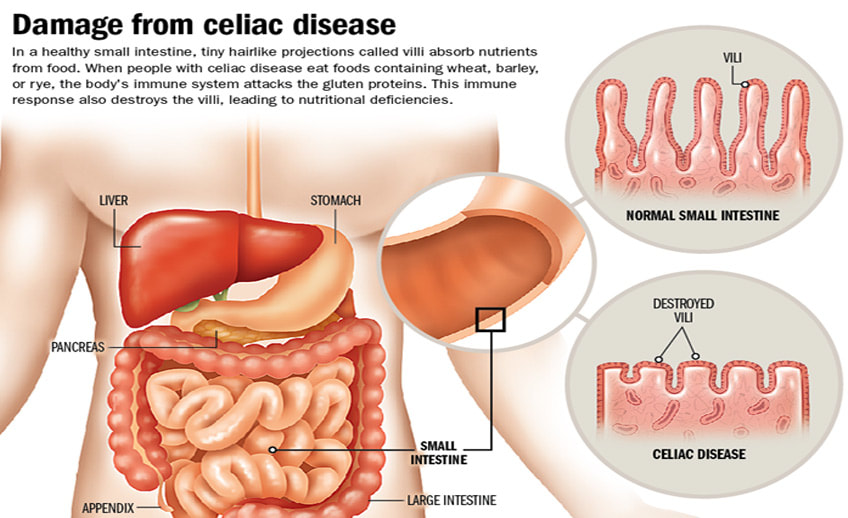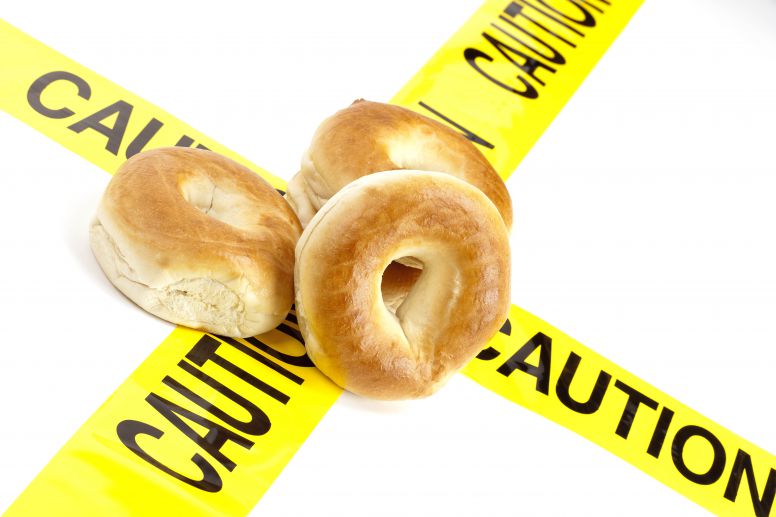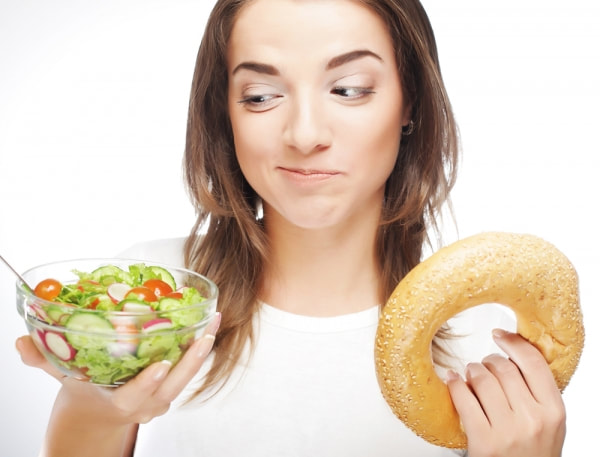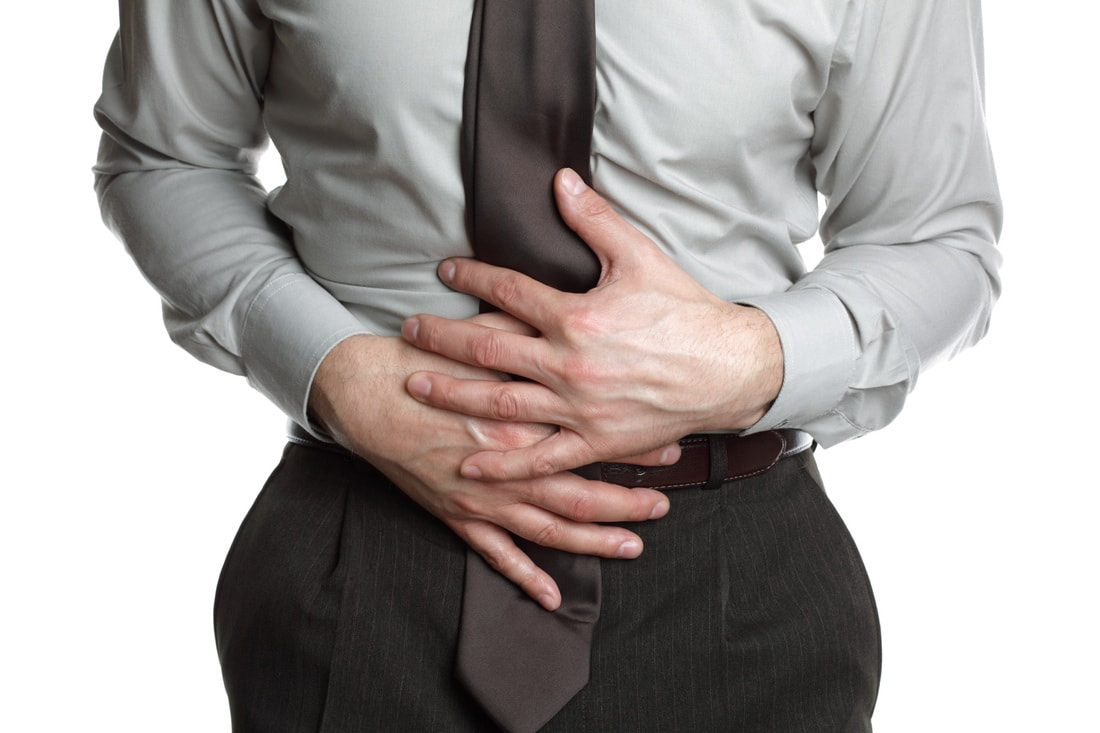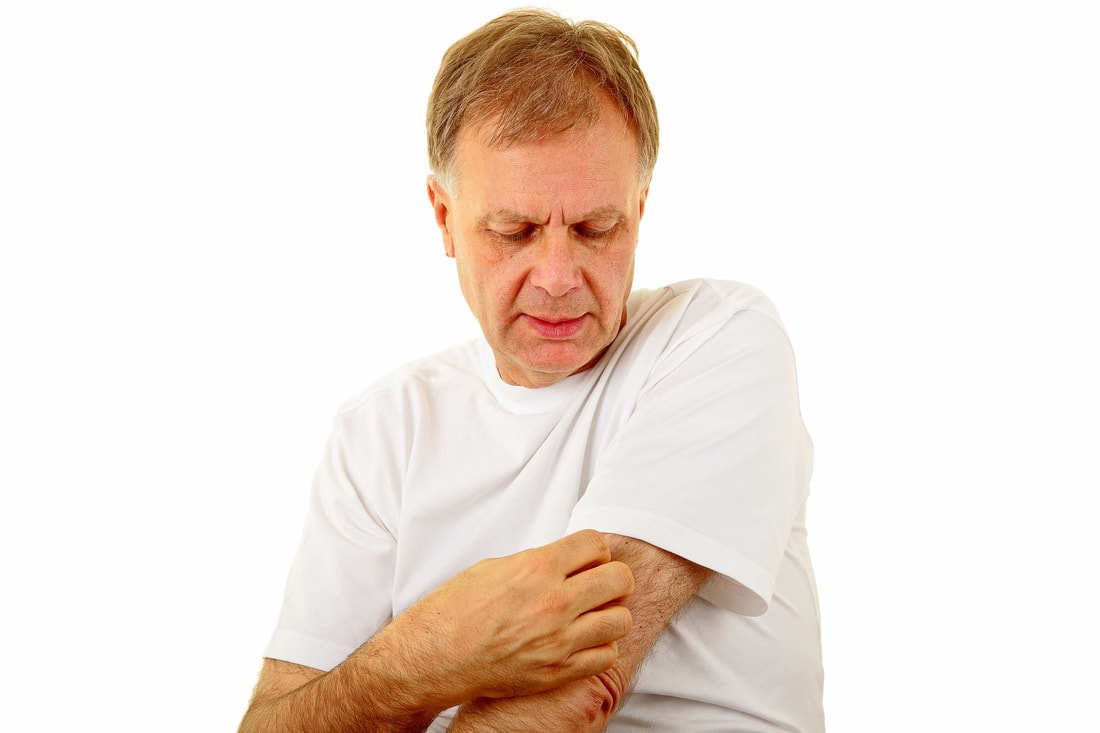|
What Are the Symptoms of Coeliac Disease?
Symptoms of coeliac disease vary among sufferers and include:
|
|
What Health Problems Accompany Coeliac Disease?
Coeliac disease can leave a person susceptible to other health problems, including:
People who have coeliac disease may have other autoimmune diseases, including:
|
|
How Is Coeliac Disease Diagnosed
|

How Is Celiac Disease Treated?
If you have coeliac disease, you can't eat any foods that contain gluten (including wheat, rye, barley, and oats). Dropping gluten from your diet usually improves the condition within a few days and eventually ends the symptoms of the disease. In most cases, the villi are healed within six months. You'll have to remain on this diet for the rest of your life; eating any gluten at all can damage the intestine and restart the problem.
Some people with coeliac disease have so much damage to their intestines that a gluten-free diet will not help them. These patients may have to receive nutritional supplements through an IV.
Living With a Gluten-Free Diet
A gluten-free diet will be a big change in your life. You have to rethink your eating habits, including what you buy for lunch, what you eat at parties, or what you snack on. Following a gluten-free diet means you cannot eat many dietary "staples," including pasta, cereals, and many processed foods that contain grains. You will need to be careful when eating packaged foods, as they may contain gluten. Always read the ingredients of packaged foods and when eating in restaurants, ask about the ingredients of a dish before ordering.
But, just because you have coeliac disease, it doesn't mean you can't enjoy a well-balanced diet. For instance, bread and pasta made from other types of flour (potato, rice, corn, or soy) are available. Food companies and some grocery stores also carry gluten-free bread and products. You can also eat fresh foods that have not been artificially processed, such as fruits, vegetables, meats and fish, since these do not contain gluten.
A dietitian, a health care professional who specializes in food and nutrition, can help you with the gluten-free diet. There are also support groups that can help people with coeliac disease make the adjustment.
If you have coeliac disease, you can't eat any foods that contain gluten (including wheat, rye, barley, and oats). Dropping gluten from your diet usually improves the condition within a few days and eventually ends the symptoms of the disease. In most cases, the villi are healed within six months. You'll have to remain on this diet for the rest of your life; eating any gluten at all can damage the intestine and restart the problem.
Some people with coeliac disease have so much damage to their intestines that a gluten-free diet will not help them. These patients may have to receive nutritional supplements through an IV.
Living With a Gluten-Free Diet
A gluten-free diet will be a big change in your life. You have to rethink your eating habits, including what you buy for lunch, what you eat at parties, or what you snack on. Following a gluten-free diet means you cannot eat many dietary "staples," including pasta, cereals, and many processed foods that contain grains. You will need to be careful when eating packaged foods, as they may contain gluten. Always read the ingredients of packaged foods and when eating in restaurants, ask about the ingredients of a dish before ordering.
But, just because you have coeliac disease, it doesn't mean you can't enjoy a well-balanced diet. For instance, bread and pasta made from other types of flour (potato, rice, corn, or soy) are available. Food companies and some grocery stores also carry gluten-free bread and products. You can also eat fresh foods that have not been artificially processed, such as fruits, vegetables, meats and fish, since these do not contain gluten.
A dietitian, a health care professional who specializes in food and nutrition, can help you with the gluten-free diet. There are also support groups that can help people with coeliac disease make the adjustment.



